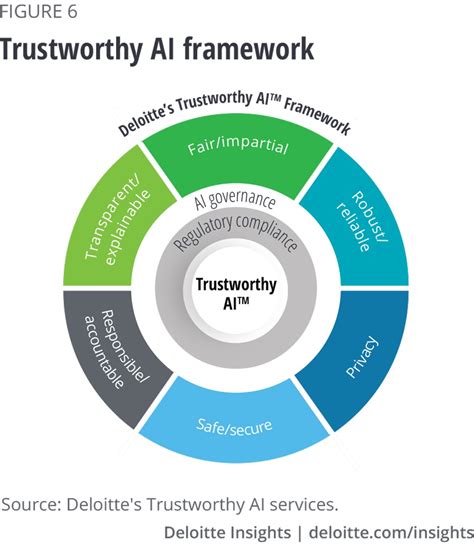Ethical AI: A Framework for Cryptocurrency Applications
Ai Ethics: a frame for cryptocurrency applications
The rise of artificial intelligence (AI) has transformed our way of living, working and interacting with technology. An area in which the IA is particularly relevant is in cryptocurrency applications, which has gained popularity in recent years. However, while cryptocurrencies continue to grow in value and use, it is essential to consider ethical implications for the use of these technologies. In this article, we will explore a picture for the implementation of ethics in cryptocurrency applications.
What are ethics?
Ethics refers to the use of artificial intelligence principles that give priority to human values, such as equity, transparency, responsibility and respect for individual rights. These principles guarantee that artificial intelligence systems are designed to promote well -being, prevent damage and respect human dignity. In the context of cryptocurrency applications, ethics is essential to ensure that these technologies are used responsibly and in order to benefit from the company.
Key principles for ethics Ai
During the design and implementation of artificial intelligence algorithms for cryptocurrency applications, it is essential to consider the following key principles:
1
- Transparency : providing clear and understandable explanations of the decisions focused on artificial intelligence, allowing users to understand the reasoning behind them.
- Sentation : Establish mechanisms for the possession of developers and validators responsible for their actions, such as debug tools and report systems.
- Compliance with individual rights
: make sure that artificial intelligence systems respect individual autonomy and privacy, preventing any damage or potential exploitation.
5
Specific applications for cryptocurrency

To illustrate the application of these ethical principles in cryptocurrency applications, consider the following examples:
- Blockchain -based voting systems : the implementation of a blockchain voting system that guarantees transparency, equity and responsibility can help prevent manipulation or falsification of voting votes.
2
- The predictive analysis for market analysis : the use of predictive analyzes fueled by artificial intelligence to analyze market trends and provide information can help investors to make informed decisions by minimizing potential damages.
AI AI AL Tools and Techniques in Cryptocurrency Applications
To implement these principles and applications, developers and validators can use various tools and techniques, in particular:
- Treatment of natural language (NLP) : use of NLP to understand and interpret users’ inputs, allowing a more transparent and fair decision.
2
- Consent protocols : Design consent protocols that guarantee the safety, stability and reliability of cryptocurrency networks.
Kesimpulan
The use of ia ethical principles is essential to develop responsible and beneficial cryptocurrency applications. Give priority to the net assets, transparency, responsibility, compliance with individual rights and environmental responsibility, developers can create solutions fueled by artificial intelligence that promote well -being and prevent damage. While the cryptocurrency ecosystem continues to grow and evolve, it is essential to establish an ethical picture of artificial intelligence that guarantees that these technologies are used in such a way as to benefit from society.
